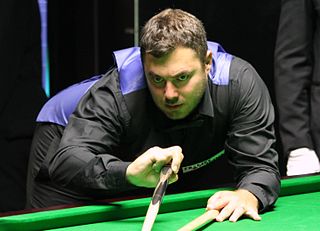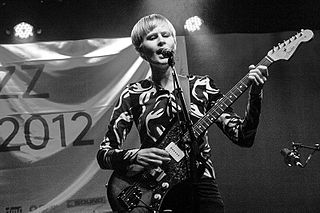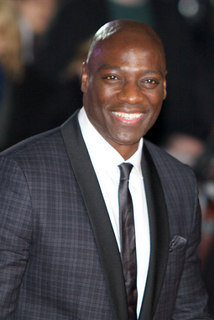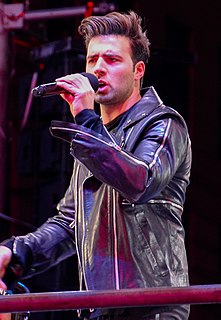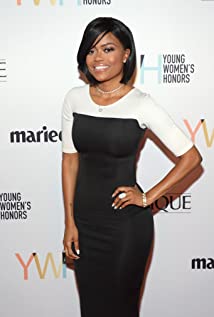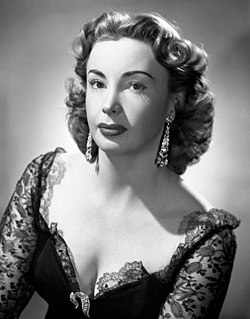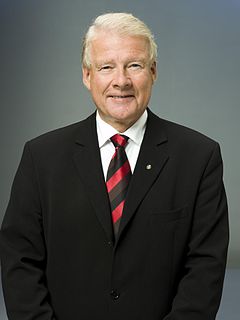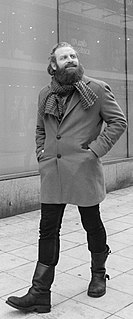A Quote by Siri Hustvedt
I am an American, but a sense of otherness was part of my growing up. I spoke Norwegian before I spoke English. My mother is Norwegian.
Related Quotes
You can write a radical Norwegian or a conservative Norwegian. And when I changed to a conservative Norwegian, I gained this distance or objectivity in the language. The gap released something in me, and in the writing, which made it possible for the protagonist to think thoughts I had never myself thought.
It is also a fact that people who are isolated and alienated in their neighborhoods as a result of the large number of neighbors who do not speak Norwegian, who do not follow the Norwegian customs, norms and way of life, could have psychosomatic disorders that can lead to both sickness leave and need for medical help.
A play is basically a long, formalistic polemic. You can write it without the poetry, and if you do, you may have a pretty good play. We know this because we see plays in translation. Not many people speak Norwegian or Danish or whatever guys like Ibsen spoke, or Russian - yet we understand Chekhov and the others.

